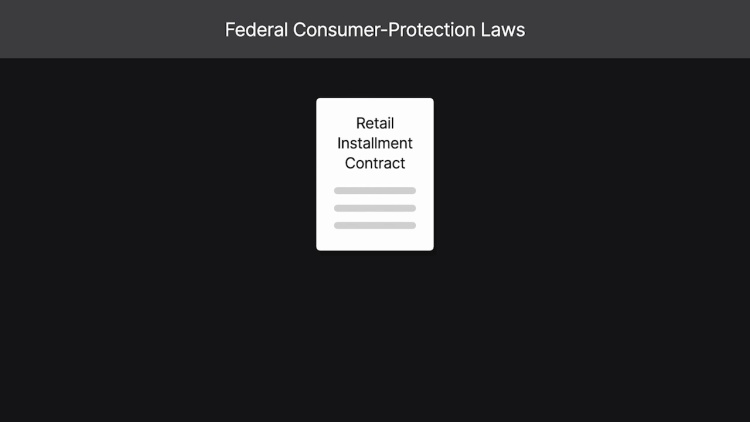Chandler v. Southwest Jeep-Eagle, Inc.
United States District Court for the Northern District of Illinois
162 F.R.D. 302 (1995)
- Written by Matthew Carney, JD
Facts
Raymond Chandler (plaintiff) purchased a car from Southwest Jeep-Eagle (Southwest) (defendant), a car dealership. As part of his purchase, he sought to buy a warranty that would allow him to service his vehicle at any Chrysler dealership. He was presented with the paperwork and told that he would have to pay a standard payment of $1,780.40. He was not aware that this was a negotiable sum. The contract was assigned to Calumet National Bank (defendant). After signing the warranty, Southwest only transferred a small sum to Chrysler, keeping the rest for itself. Shortly after purchasing the car, it began to break down, forcing Chandler to repeatedly return to Southwest. He was unable to fully repair the car, as there were near-constant problems with it. Chandler finally brought the car to another Chrysler dealership seeking to use the warranty he purchased. Chandler was informed that there was no record of a warranty being filed by Southwest. Chandler sued under, among other statutes, the federal Truth in Lending Act (TILA) and the Illinois Consumer Fraud and Deceptive Business Practices Act (Consumer Fraud Act). Chandler sought to have a class certified for all those individuals who had dealt with Southwest over this type of contract. He estimated that there were approximately fifty class members for the TILA count and approximately 150 for the Consumer Fraud Act Count.
Rule of Law
Issue
Holding and Reasoning (Castillo, J.)
What to do next…
Here's why 907,000 law students have relied on our case briefs:
- Written by law professors and practitioners, not other law students. 47,100 briefs, keyed to 996 casebooks. Top-notch customer support.
- The right amount of information, includes the facts, issues, rule of law, holding and reasoning, and any concurrences and dissents.
- Access in your classes, works on your mobile and tablet. Massive library of related video lessons and high quality multiple-choice questions.
- Easy to use, uniform format for every case brief. Written in plain English, not in legalese. Our briefs summarize and simplify; they don’t just repeat the court’s language.





